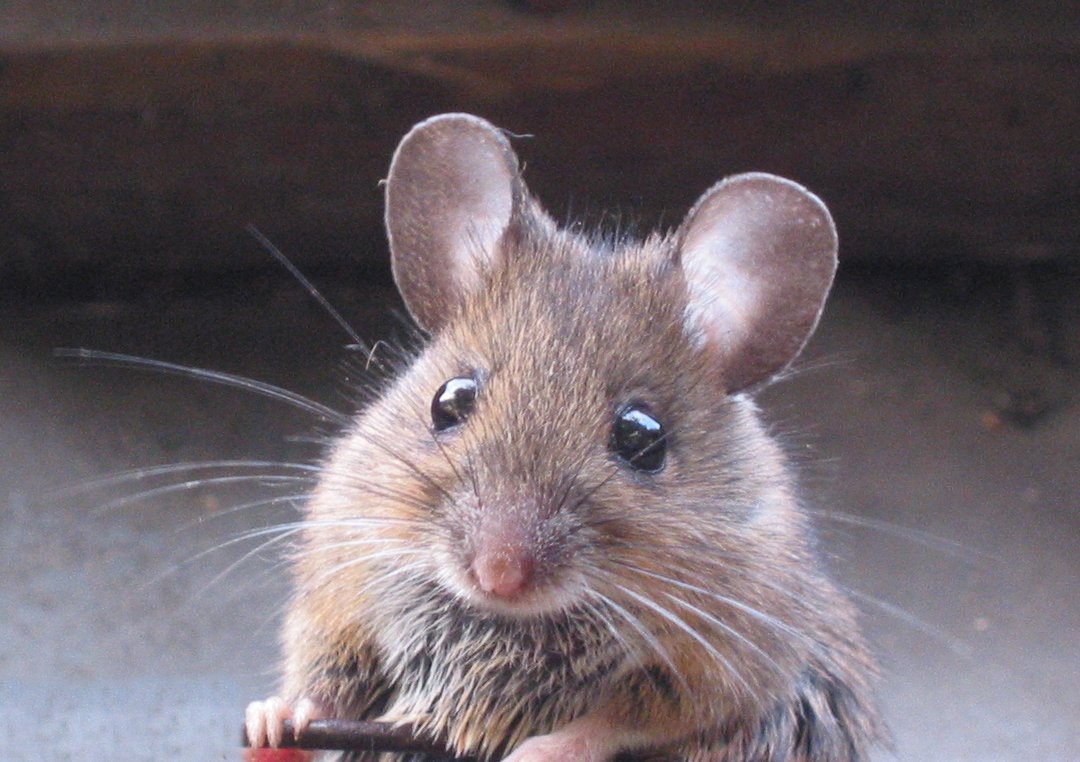Scientists have uncovered how mice identify their relatives and so choose not to mate with them - by the smell of their urine!
 Previous studies in mice and in humans, such as the smelly T-shirt test, had suggested that animals try to choose mates with a selection of immune system "MHC" genes that are as different as possible to their own. But now Liverpool University's Janet Hurst and her colleagues have found that this is not true and instead mice rely on a diverse set of smelly chemicals in their urine called MUPs - major urinary proteins - which are encoded by the animal's DNA. These give a mouse a chemical barcode, which it can compare against a potential mate. If the smells match then the two animals are probably closely related, so they avoid mating with each other. The scientists made the discovery by studying wild mice which were allowed to mate over several generations in a large outdoor enclosure. After 15 weeks the researchers studied the parentage of the animals to work out which mice had mated. They were surprised to find that the immune system genes previously believed to be the key to the process seemed to play no part whatsoever.
Previous studies in mice and in humans, such as the smelly T-shirt test, had suggested that animals try to choose mates with a selection of immune system "MHC" genes that are as different as possible to their own. But now Liverpool University's Janet Hurst and her colleagues have found that this is not true and instead mice rely on a diverse set of smelly chemicals in their urine called MUPs - major urinary proteins - which are encoded by the animal's DNA. These give a mouse a chemical barcode, which it can compare against a potential mate. If the smells match then the two animals are probably closely related, so they avoid mating with each other. The scientists made the discovery by studying wild mice which were allowed to mate over several generations in a large outdoor enclosure. After 15 weeks the researchers studied the parentage of the animals to work out which mice had mated. They were surprised to find that the immune system genes previously believed to be the key to the process seemed to play no part whatsoever.
"Instead, another specialised set of proteins, which are produced at high concentration in mouse urine, signal relatedness through their scent. It is these proteins that allow animals to avoid mating with their close kin," says Janet Hurst. The key to the breakthrough was the use in the study of wild as opposed to laboratory-bred mice. Lab mice are all in-bred, so they carry the same urine proteins; as a result, researchers had focused instead on immune system genes.









Comments
Add a comment